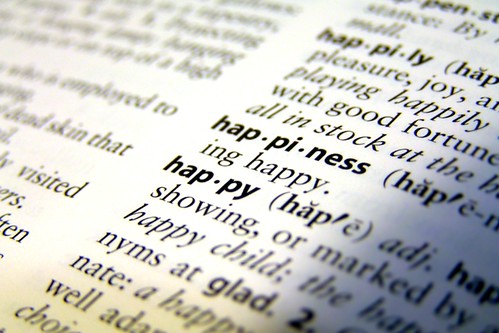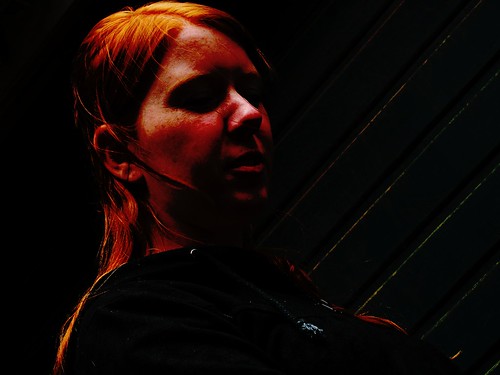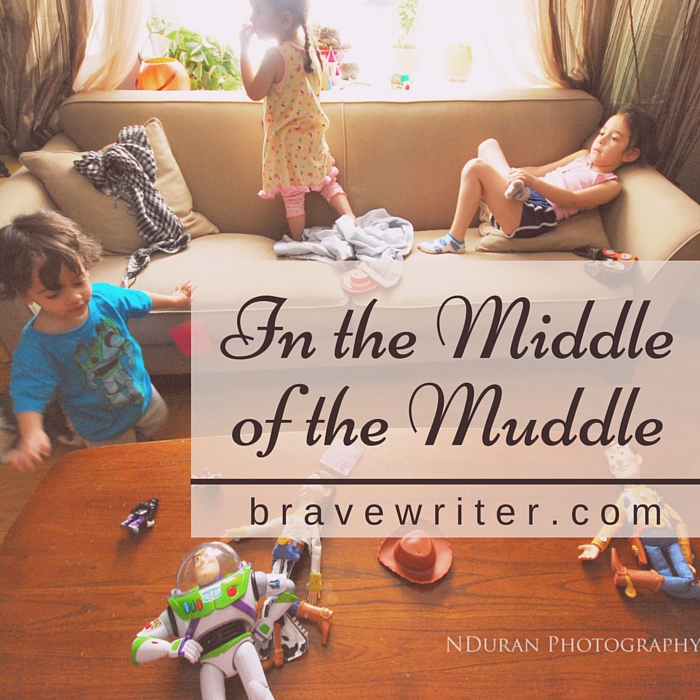
Do you find it difficult to operate without a checklist? Do you find yourself worried about getting it all done?
On the flip side, do you wish you could be more relaxed, but each time you try, the anxiety rises and you don’t quite relax?
It’s difficult to battle who you are—how you naturally interact with the world. Messy people buy the manuals of the naturally organized thinking they can change if they just have a system. Type A parents want to find a way to relax without feeling like they are lazy.
I say: Work with whatchu got! It’s too hard to do a personality-ectomy! Better to suit your aims to your style.
For instance, if you want to be a more relaxed mom—one who puts the warm fuzzies ahead of the workbooks, change the checklist. See if that helps.
Self-awareness is the first step. Each time you are tempted to push your kids toward what feels like work rather than delight, breathe. Feel your face. Are you smiling? Are your brows furrowing? Get back to connection with your children. Measure your day (checklist) with a new “Type A” criteria.
Check these off as you do them:
__ Hugged each kid
__ Made eye contact with one and had a conversation for 3 minutes
__ Asked questions of my quiet child to find out more about her process, not her work completed.
__ Played a game.
__ Took a walk.
__ Cultivated silliness (silly voice, body, jokes, puns, dance moves).
__ Put on music.
__ Smiled at my children, each one, at least once.
__ Gave 5 compliments.
__ Ate tasty foods and noticed the flavors.
__ Let everyone stop “working” sooner than they expected.
__ Did someone’s task for them.
__ Sat next to my child during her hardest subject until she finished it, offering encouragements.
__ Gave myself and kids permission to NOT do a boring chapter of the workbook.
__ Left a mess so my children could return to it later to finish the art project or the Lego build or the play fort.
What if you had a check list like that? Would that help you be a Type A mom who is also more fun?
Try that for a couple of days and see if you find a new groove for your careful personality—one that measures and values connection, over work completed. (You are likely to still get all the work done – that’s who you are! But now you’ll make room for the other stuff you wish you would do more spontaneously.)
Good luck!
Image by Betsy Weber (cc)






















